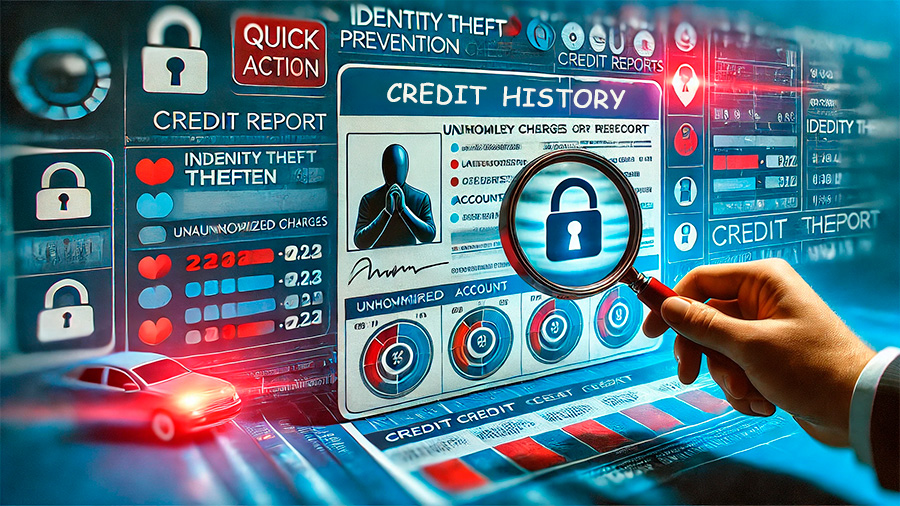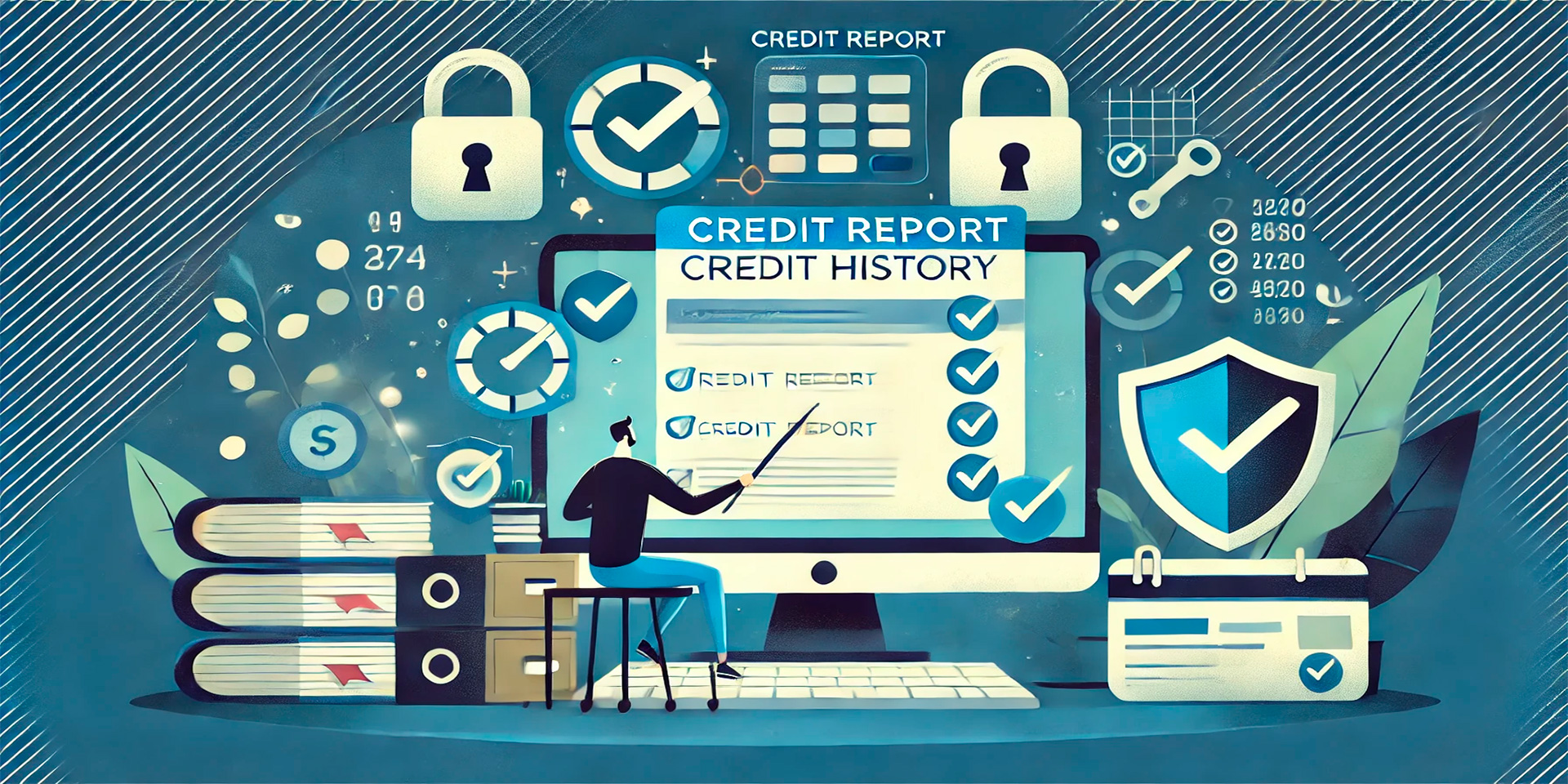Your credit history is a vital aspect of your financial health, and regularly checking it is crucial for preventing potential financial disasters. By staying informed about your credit, you can catch errors, detect fraud, and ensure that your credit report accurately reflects your financial behavior. Regular monitoring helps you avoid unpleasant surprises when applying for loans, renting a home, or even getting a job. This guide will explain why checking your credit history should be a regular part of your financial routine and how it can protect you from financial pitfalls.
Your credit history is a detailed record of your credit behavior, including your payment history, outstanding debts, and the length of your credit accounts. Lenders, landlords, and even some employers use this information to assess your creditworthiness. A mistake or fraudulent activity on your credit report can lower your credit score, making it more difficult to secure favorable loan terms or even qualify for certain financial opportunities. Regularly reviewing your credit report is the best way to ensure that your financial profile remains accurate and that you are not at risk of financial disaster.
Detecting Errors Before They Impact Your Credit Score
One of the primary reasons to check your credit history regularly is to detect and correct errors that could negatively impact your credit score. Errors on your credit report are more common than you might think and can result from simple clerical mistakes or incorrect information reported by creditors. These errors might include incorrect account balances, wrong payment dates, or even accounts that don’t belong to you.
If left unaddressed, these inaccuracies can significantly lower your credit score, leading to higher interest rates on loans, credit card denials, or difficulties in securing housing. By regularly reviewing your credit report, you can spot these errors early and dispute them with the credit bureau, ensuring that your credit history accurately reflects your financial behavior.

Preventing Identity Theft and Fraud
Identity theft and fraud are serious threats to your financial security, and your credit report is often the first place where signs of these crimes appear. Fraudulent accounts or unauthorized charges can be devastating to your credit score and can take months, or even years, to fully resolve. Regularly checking your credit history allows you to spot any suspicious activity quickly, giving you the opportunity to take immediate action to protect your finances.
If you notice unfamiliar accounts or charges on your credit report, it’s important to contact the credit bureau and the creditor immediately. Placing a fraud alert on your credit report can also help prevent further unauthorized activity. The sooner you catch and address identity theft, the easier it will be to limit the damage and restore your credit.
Staying Informed About Your Credit Health
Regularly checking your credit history is an essential part of staying informed about your overall credit health. Your credit report provides a comprehensive overview of your financial behavior, including how much debt you have, how well you’re managing your payments, and the types of credit you’re using. By reviewing your credit report, you can assess your financial situation and make informed decisions about how to manage your credit going forward.
Understanding your credit history also helps you identify areas where you might need to improve. For example, if your credit utilization is high, you might decide to focus on paying down credit card balances. If you see a pattern of late payments, you can take steps to ensure that bills are paid on time in the future. Being proactive about your credit health allows you to make adjustments before they lead to more significant problems.

Ensuring Accurate Information Before Major Financial Decisions
When you’re preparing to make a major financial decision, such as buying a home, financing a car, or applying for a business loan, your credit history will play a significant role in determining the terms you’re offered. Lenders will review your credit report to assess your creditworthiness, and any negative marks—whether accurate or not—can affect your ability to secure favorable terms.
By regularly checking your credit history, you can ensure that all the information on your report is accurate and up to date before you apply for any new credit. This can give you the confidence to move forward with major financial decisions, knowing that your credit report accurately reflects your financial behavior.
Maintaining Long-Term Financial Stability
Regularly checking your credit history is not just about preventing immediate problems; it’s also about maintaining long-term financial stability. Your credit history is a record of your financial behavior over time, and regularly reviewing it helps you stay on top of your finances and avoid habits that could lead to financial trouble.
By monitoring your credit history, you can ensure that you’re consistently making smart financial decisions, such as keeping your credit utilization low, making on-time payments, and avoiding unnecessary debt. This proactive approach to credit management can help you build a strong credit score over time, which is essential for long-term financial success.
Conclusion
Regularly checking your credit history is a simple but powerful tool for protecting your financial future. By staying informed about your credit, you can detect errors and fraud early, ensure that your credit report accurately reflects your financial behavior, and make informed decisions about managing your credit. This proactive approach can help you avoid financial disasters and maintain long-term financial stability. Make it a habit to review your credit report regularly and take control of your financial health.

